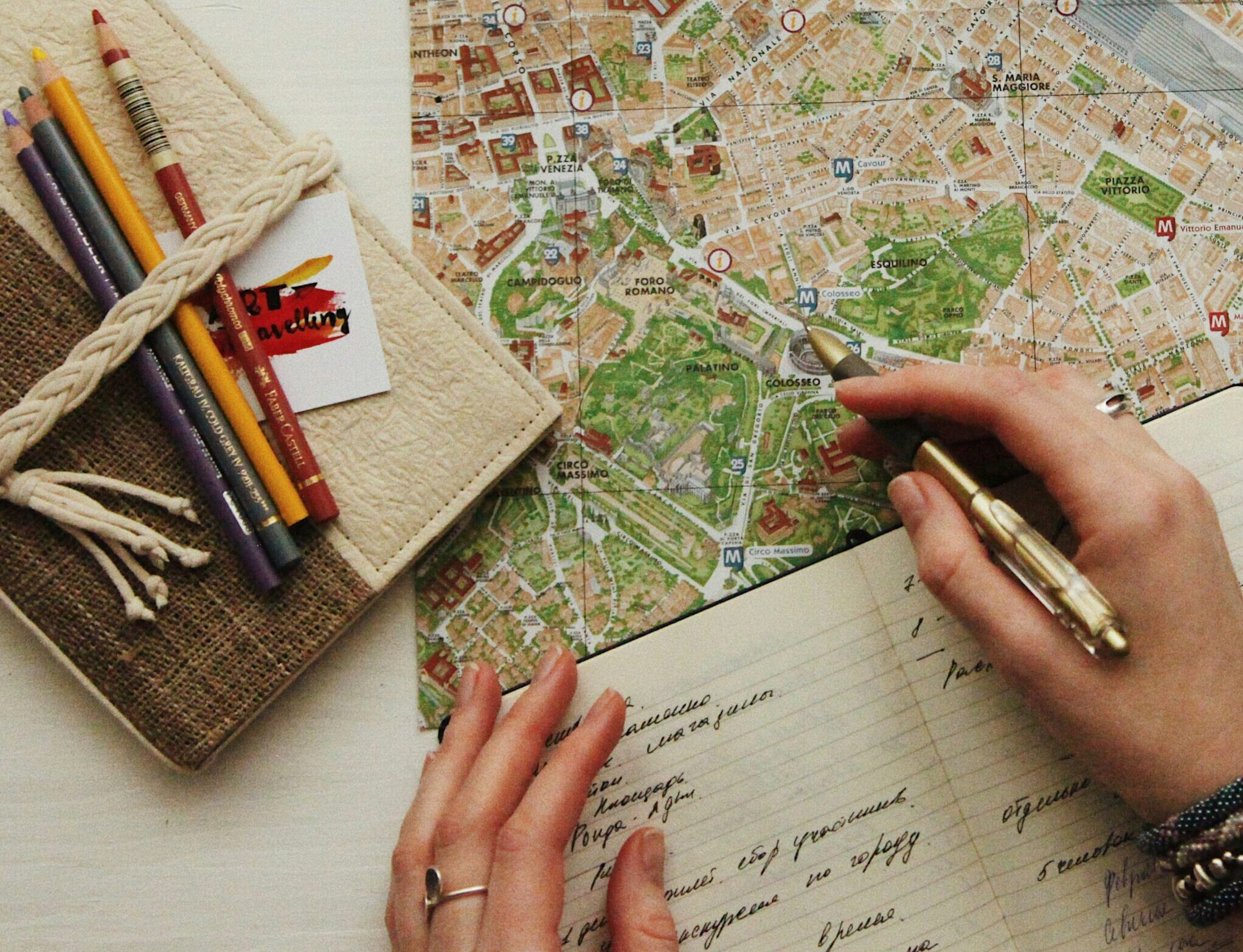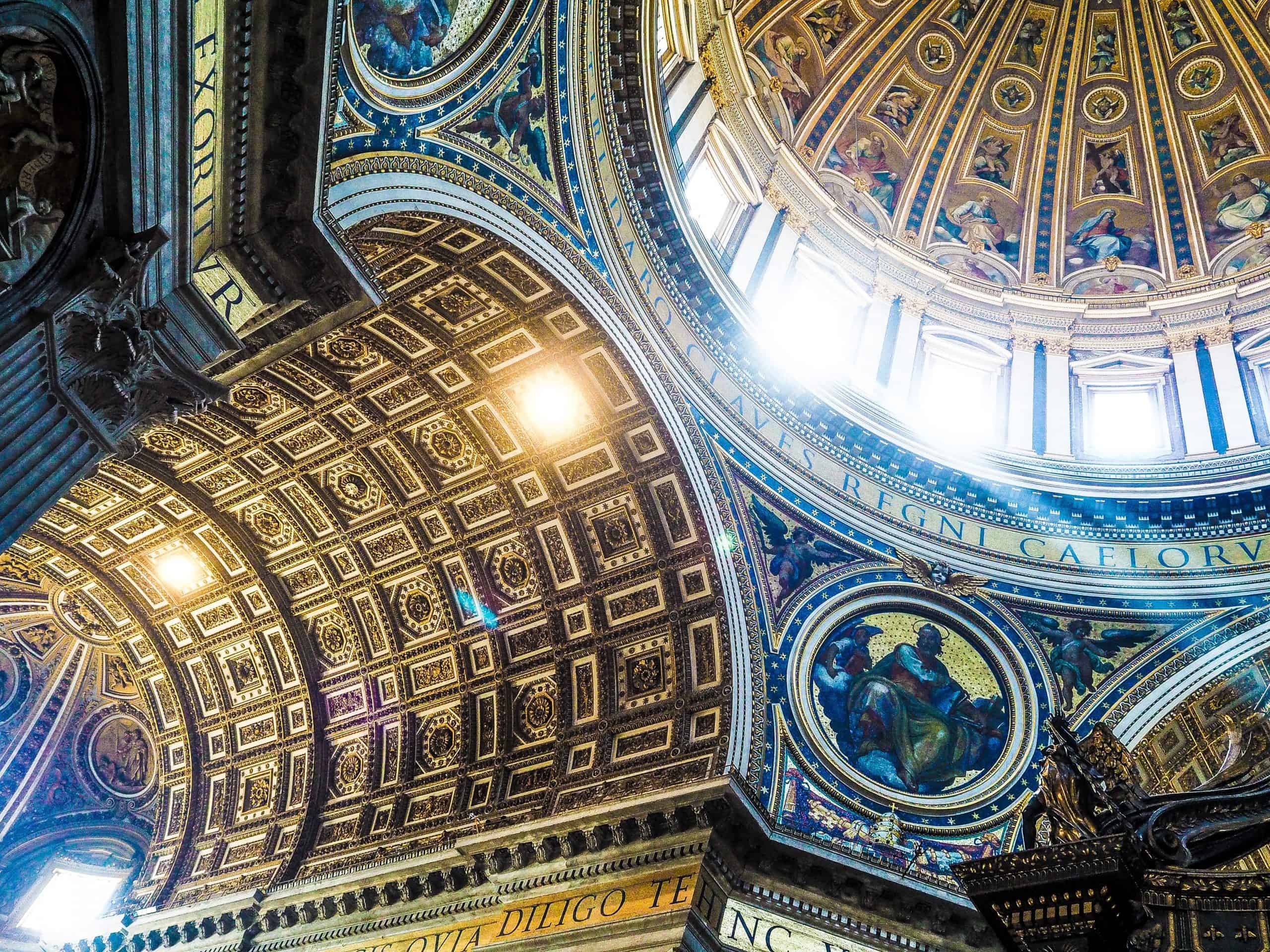Whether you’re considering a pilgrimage to the Holy Land or have already finalized travel plans, you may be feeling some trepidation about how safe you’re really going to be over there. Maybe your friends and family have expressed concern too. Rest assured, you can confidently look forward to a safe and wonderful journey if you exercise common sense, know what to expect, and have a basic understanding of the Holy Land’s political situation.
Politics and Religion
The Holy Land isn’t just sacred ground for Christians. It is the Holy Land for Jews and Muslims as well. This has escalated the political unrest you’ve heard about in Israel and Palestine, since the two societies have been fighting for control of the Holy Land for centuries. Israel, mostly Jewish, became a state in 1948 after years of bloodshed; Palestine, mostly Muslim with some Christians, is still struggling to achieve statehood. This results in many of the riots, skirmishes, and acts of violence you’ve heard about on the news.
Immediate Danger?
The only place near Israel you’ll want to completely avoid is the Gaza strip, which is not included in a Holy Land pilgrimage through Verso. Oftentimes the news stories about violence and unrest in the Holy Land can scare you into thinking you’ll definitely be in harm’s way; watching the news of any major American city can have the same effect. But in reality, it’s unlikely you’ll encounter any issues in the Holy Land, especially if you stay with your group.
Before traveling abroad to any country, you can always check the advisories on the US State Department’s warning map and specific advisories for Israel, Gaza, and the West Bank.
What to Expect
You’ll feel more confident about your trip when you know what to expect regarding security. Israeli security runs a little differently than American security, so the more you know beforehand, the better off you’ll be.
-
- Airport Security
When departing the United States for Tel Aviv, you’ll most likely go through additional screening after the usual TSA security process. This may include an examination of your electronic devices and carry-on items. When you land in Tel Aviv, you’ll encounter a much more thorough and regimented security check than in American airports. You may be stopped by security guards carrying weapons; they may even stop you in the car before you arrive at the airport. It is standard protocol for them to ask you several questions about where you are going and why, and they may take every item out of your bags and run them individually through the x-ray machine, all the while questioning you about what you packed. Don’t be alarmed; they are not singling you out. This is a normal procedure. Because of the sheer number of tourists and pilgrims visiting Israel each year, their security process must be rigid to keep everyone safe. Expect this process to take much longer than an American security check. Remain friendly and calm, tell the truth, and everything will go smoothly. - On the Plane
While flying through Israeli air space, you are required to remain in your seat. - Armed Soldiers
In the Holy Land it is normal to see armed law enforcers on the streets, similar to seeing police in American cities—although Israeli security weapons may be larger than police guns. - Bethlehem
When traveling to Bethlehem you are traveling into the West Bank, which is under Palestinian control. You will have to pass through a wall to get in and out of the city. Armed soldiers may stop your tour bus and ask to see everyone’s passports. This security stop is standard procedure for anyone traveling between Palestinian and Israeli areas.
- Airport Security
Common Sense
No matter what city you’re in, you should exercise common sense. Be aware of your surroundings. Keep valuables and a copy of your passport in the hotel safe. Carry your passport at all times, and keep your money and ID in a secure bag or secure pockets in your clothing. Never leave your purse or bag unattended and don’t lose sight of your cell phone. Always stay with your group.
Stay Prepared with STEP
When you travel abroad, it’s important to make sure you can stay updated on any urgent situations back home. Not only is it practical, but it will also give you a little extra peace of mind. Before you leave the United States, enroll your trip in The Smart Traveler Enrollment Program (STEP). This free service will allow you to:
-
- Receive important information from the Embassy about safety conditions in your destination country, helping you make informed decisions about your travel plans.
- Help the U.S. Embassy contact you in an emergency, whether natural disaster, civil unrest, or family emergency.
- Help family and friends get in touch with you in an emergency.
For more information and to enroll in this program, please visit https://step.state.gov/.
God Goes With You
If you still feel nervous about your trip, here are some things to remember:
-
- All travel, national and international, carries some risk. Regardless of where you go, staying prepared and being aware of your surroundings will help you minimize that inherent risk.
- Tourism is an immense source of financial support for all people in the Holy Land—so pilgrims are not the intended targets of violent crimes or acts of terrorism.
- Israel is known for its enhanced security.
- If at any point you have a concern, speak with your tour guide. They know the lay of the land and the culture, and they are there to help.
- Many people who journey to the Holy Land testify that they never once felt unsafe.
- The Lord has placed this desire on your heart to embark on this sacred journey. Place your trust in him and tell him your fears, and he will provide for you. He will be with you every step of the way.
Pilgrims who journey to the Holy Land encounter God in an incredibly intimate and amazing way. Their whole faith comes alive for them. That kind of once-in-a-lifetime experience is worth the risk, and you can minimize the risk by exercising common sense and remaining calm and confident throughout your journey.
Looking to book a trip to the Holy Land? Discover more here.




